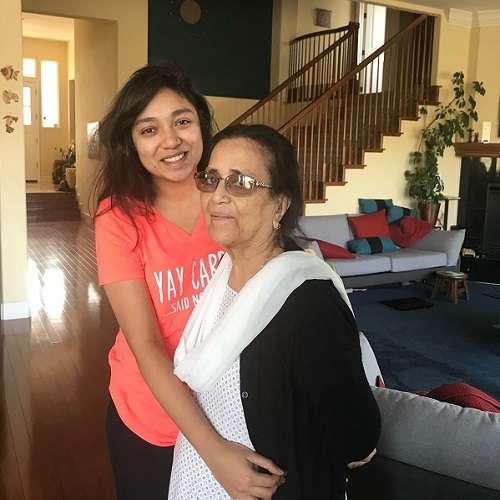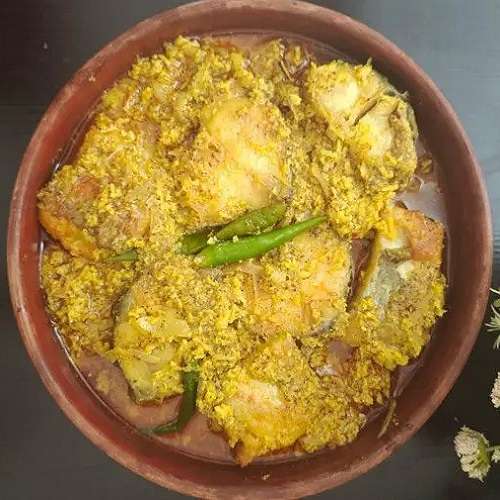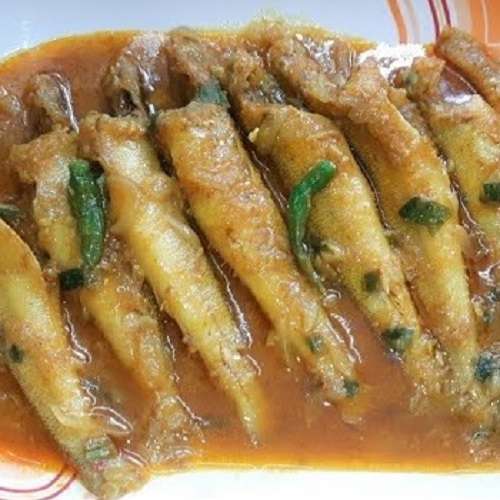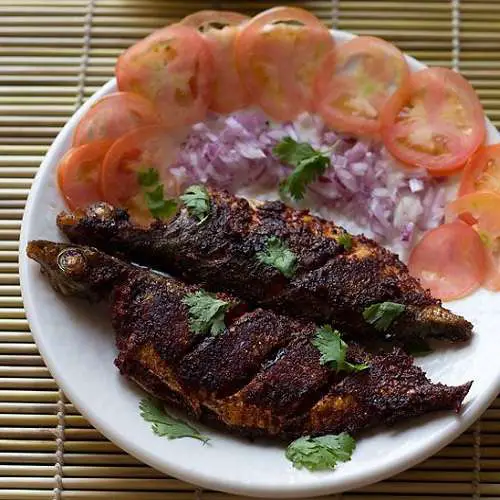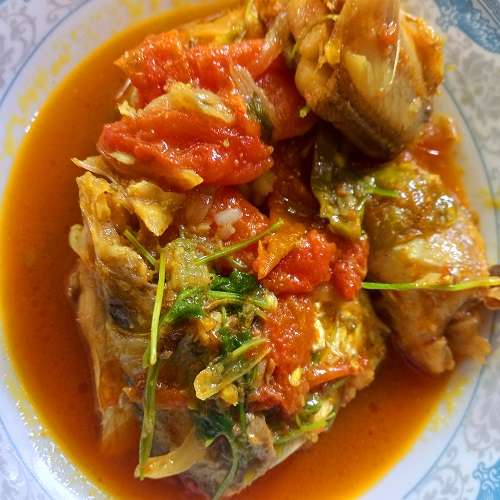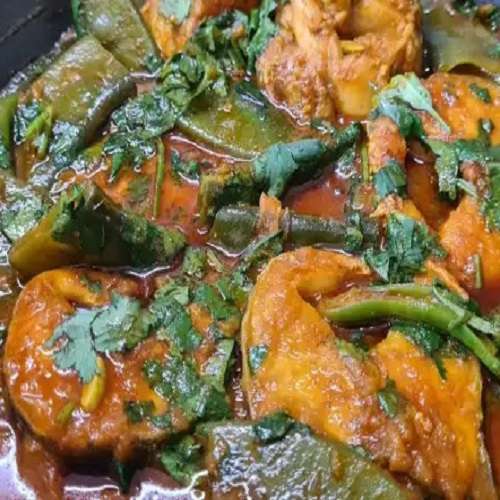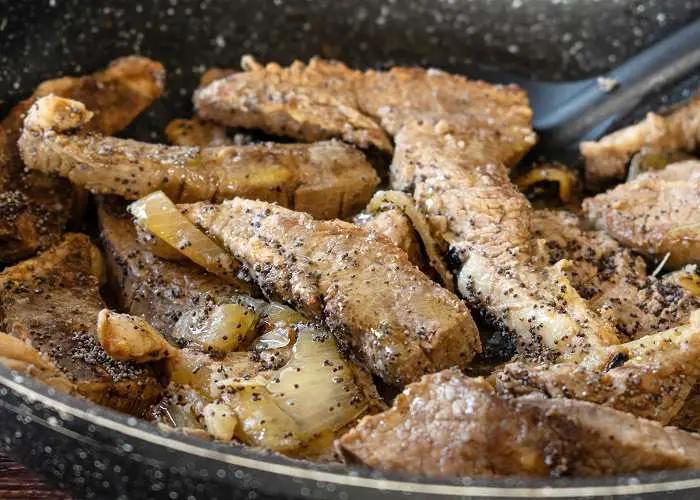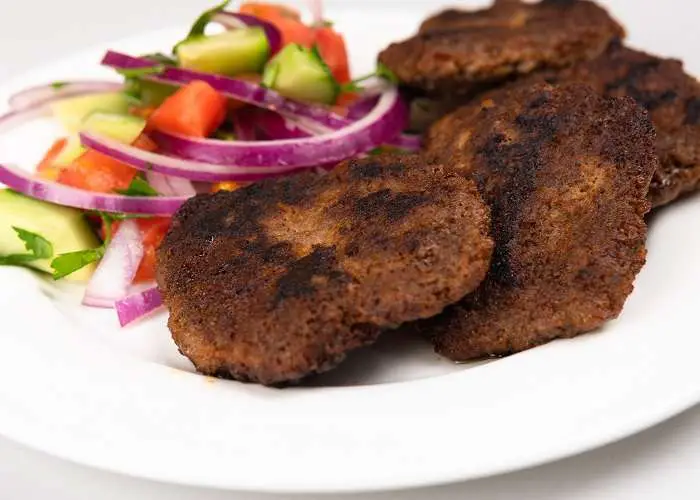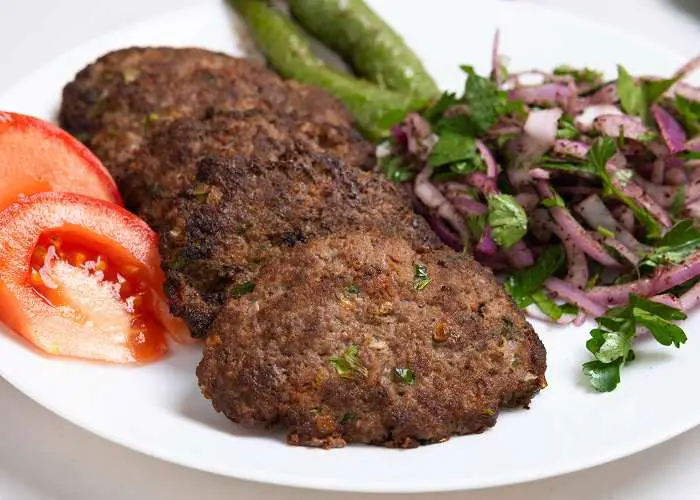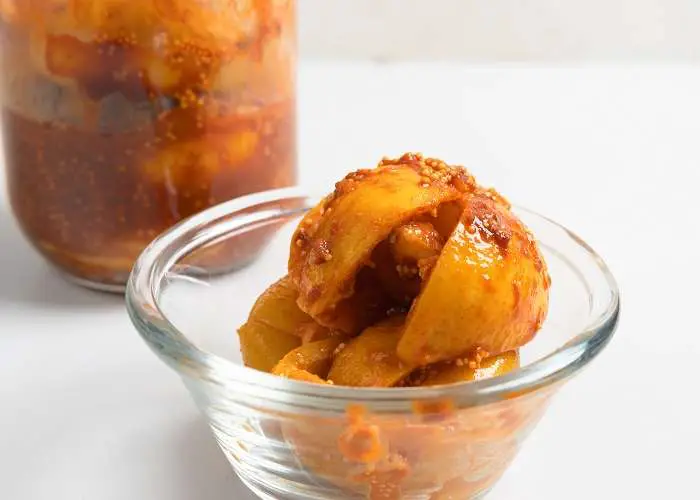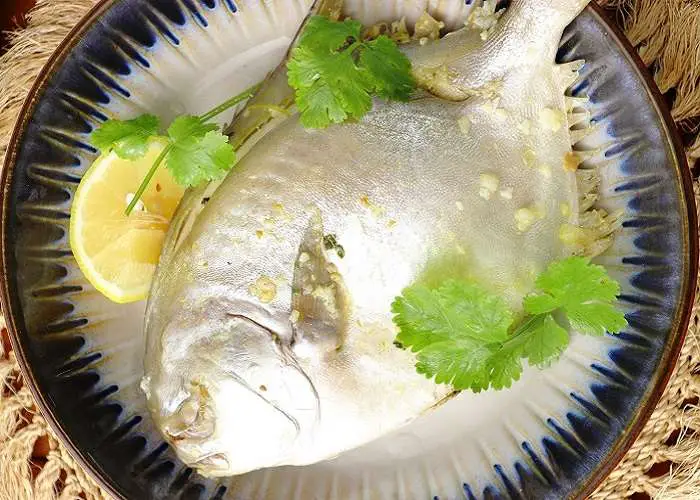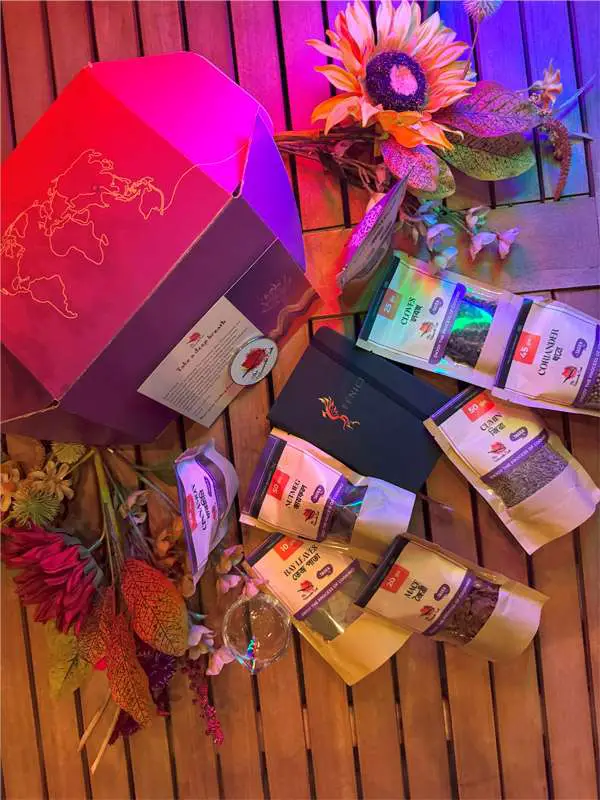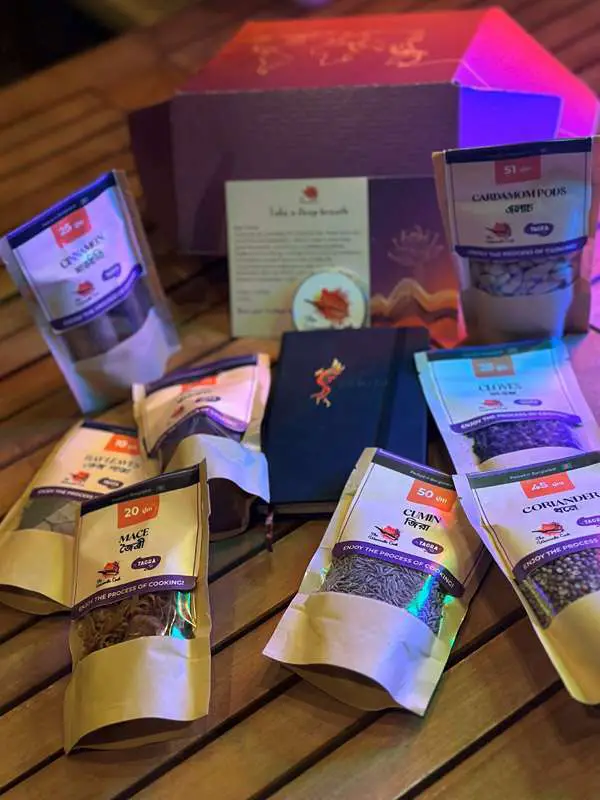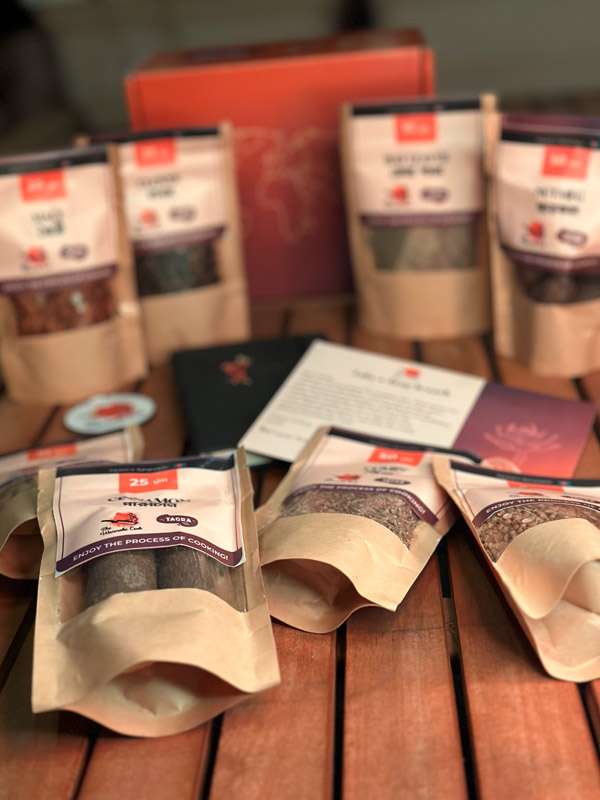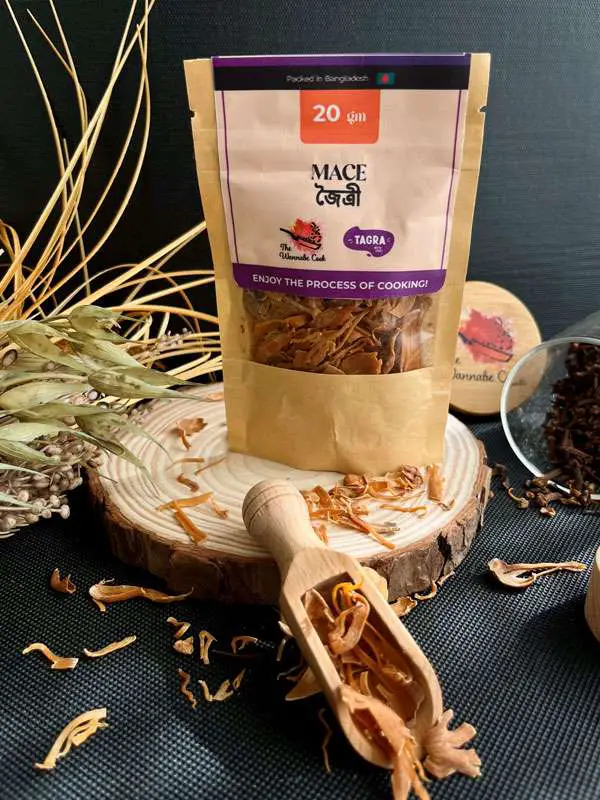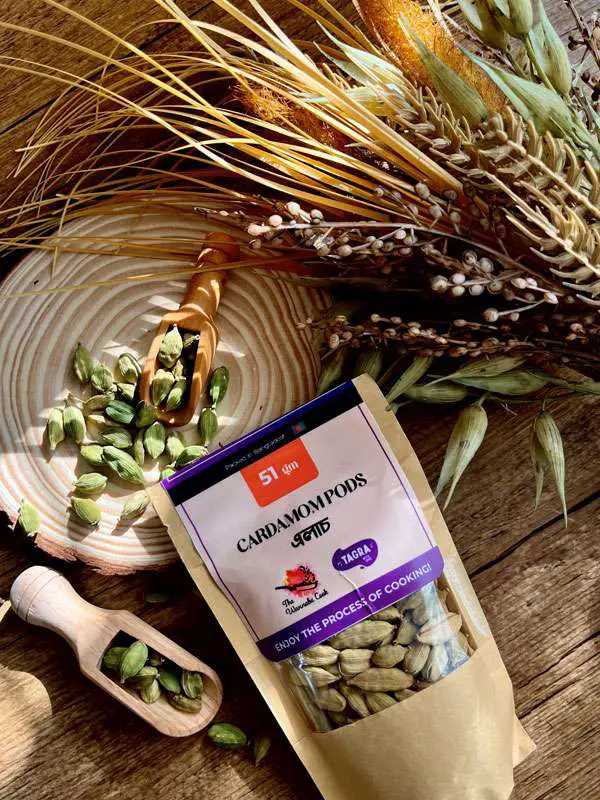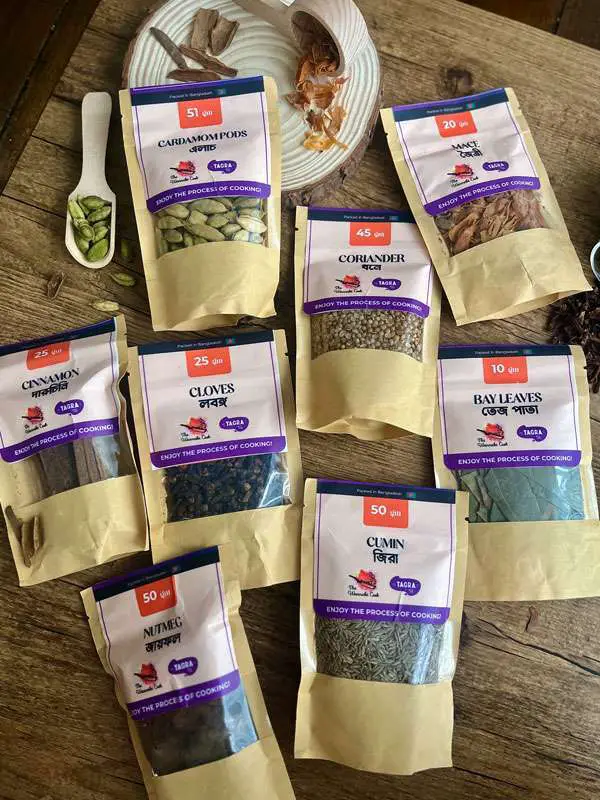The Culinary Queen: Moni Dadi
The most common phrase to describe the relation between Bengali people and food is – “”মাছে ভাতে বাঙালি”, which roughly translates to fish and rice is what makes a Bengali. And Bengali cuisine is mostly centered around fish, rice, and different vegetables. There is also influence of Mughal and regional food in thru Biriyani, kabab etc.
Now the Bangladeshi cooks are mostly housewives, who mostly cook out of necessity, but some do certainly enjoy it. They experiment and enjoy using different ingredients, playing with the flavors of different spices. But most of these dishes are limited to Bengali cuisines.
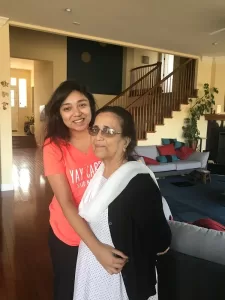
Well that’s not their fault, only now different western and eastern cuisines and ingredients are getting more and more popular in Bangladesh. Back in the 1990s or earlier if you wanted to make pie or hotdog, or some thai cuisine – getting the ingredients would have been a tedious and expensive venture.
And if you, a Bangladeshi living in Dhaka in the 90s, did get your hands on the right ingredients and wanted to make something totally different, you would not have access to any recipe. Because there is no internet, or any exquisite recipe book.
Moreover, if you were a woman you had your hands almost fully tied to your family and responsibilities. Taking a step outside came with a lot of scrutiny, and doing something you wanted always required permission from the patriarchal head.
So being a culinary enthusiast women in Bangladesh during the late 20th century was not easy. There were more roadblocks than paths open to you. But none of this stopped Moni Dadi.
She is the grandmother of Sunita Yousuf, The Wannabe Cooks founder and we all refer to her as Moni Dadi. I have never met Moni Dadi, she unfortunately passed away before I joined The Wannabe Cook team. So I have only heard stories about her, and read her recipe diary. But what an inspiration she was!
Moni Dadi’s life story is one of resilience, culinary passion, and cultural fusion. She was born in Kashmir but spent most of her life in Bangladesh. But her heritage and new life exposed her to diverse culinary influences, shaping her cooking style into something unseen in Bangladesh before her.
In the newly independent and politically unstable Bangladesh of the 1970s and 80s, Moni Dadi took on the huge challenge of establishing and running a cooking school. As a woman in a developing nation, this was no small feat. She bravely shaped future generations of women with her culinary knowledge and skills at Tikatuli Kamrunessa Shorkari Girls High School.
And her culinary arts were way ahead of her time. As I already mentioned, cooks at that time dabbled with Bengali style foods mostly. But Moni Dadi liked to experiment and bring new food from different regions.
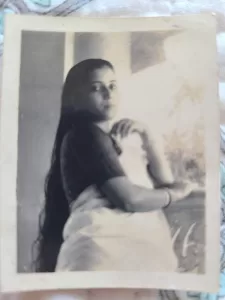
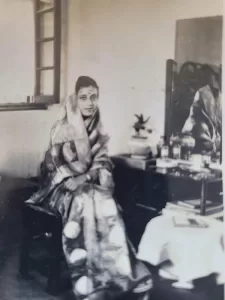 Moni Dadi’s recipes showcased a remarkable ability to incorporate cuisines like Chinese, Thai, and Mexican – relatively uncommon in Bangladesh then and even now. Hotdog is not a common food in Bangladesh even now, but Moni Dadi’s recipe diary has a recipe for hotdog noted down.
Moni Dadi’s recipes showcased a remarkable ability to incorporate cuisines like Chinese, Thai, and Mexican – relatively uncommon in Bangladesh then and even now. Hotdog is not a common food in Bangladesh even now, but Moni Dadi’s recipe diary has a recipe for hotdog noted down.
Pies are very rare in Bangladesh, a significant population has not even heard of this dish I believe. But Moni Dadi’s recipe diary has a recipe for pie using deshi fruit creating a fusion of western and traditional culinary art. So she wasn’t simply replicating foreign recipes; she infused them with her own creative twist, demonstrating her culinary artistry.
Even familiar Bangladeshi dishes received her unique touch, often characterized by a surprising yet delicious minimalism in the use of spices. This distinctive approach set her apart and left a legacy of intriguing and flavorful recipes that we are digitizing now.
The only remnant of Moni Dadi’s culinary mastery is present in her recipe diary now. The recipes in the eCookBook are just a few. There are many more on our website, and we plan on presenting more recipes of Moni Dadi to you through various media. And trust me, every single one of the recipes is a gem.
Latest Recipe:
Follow Us:

